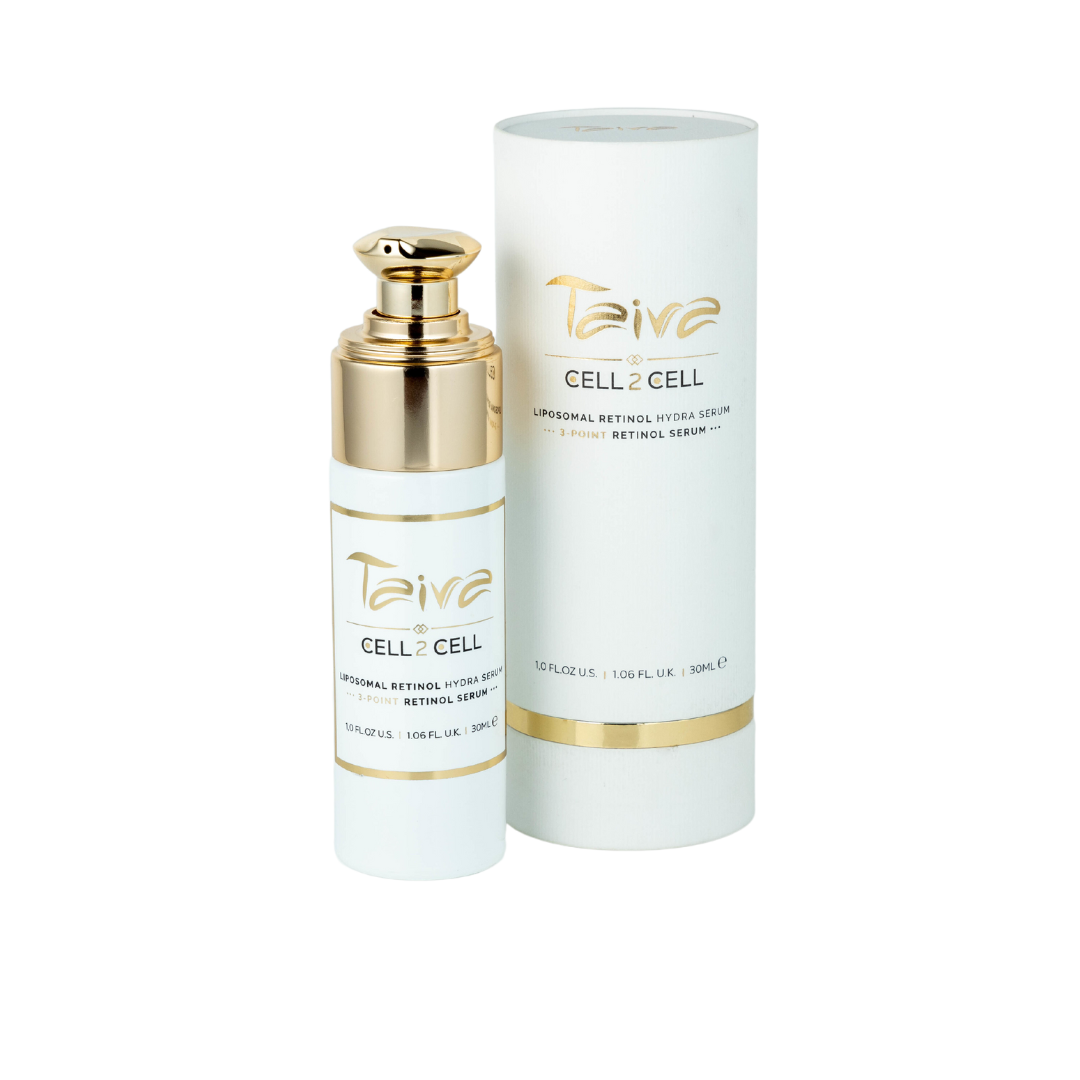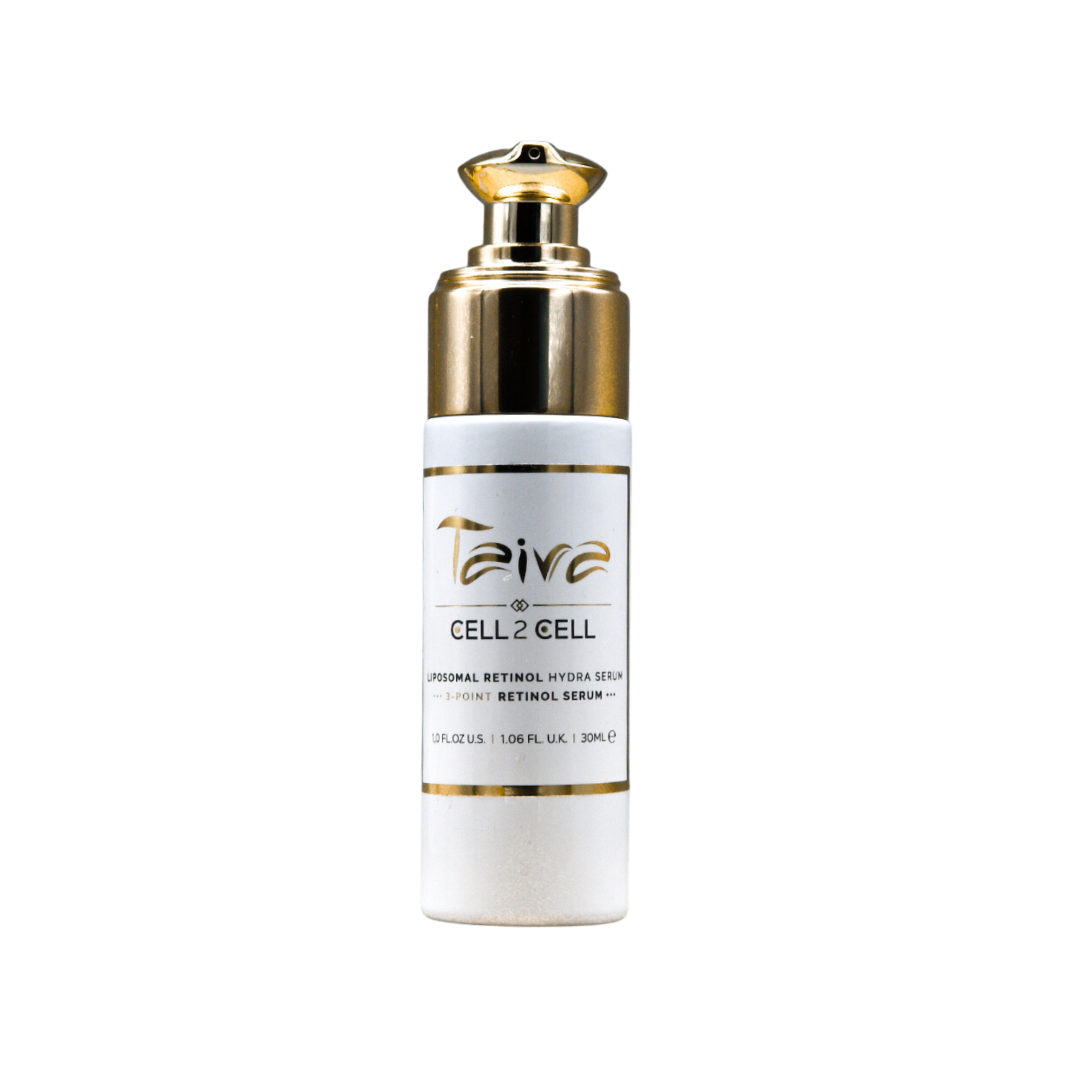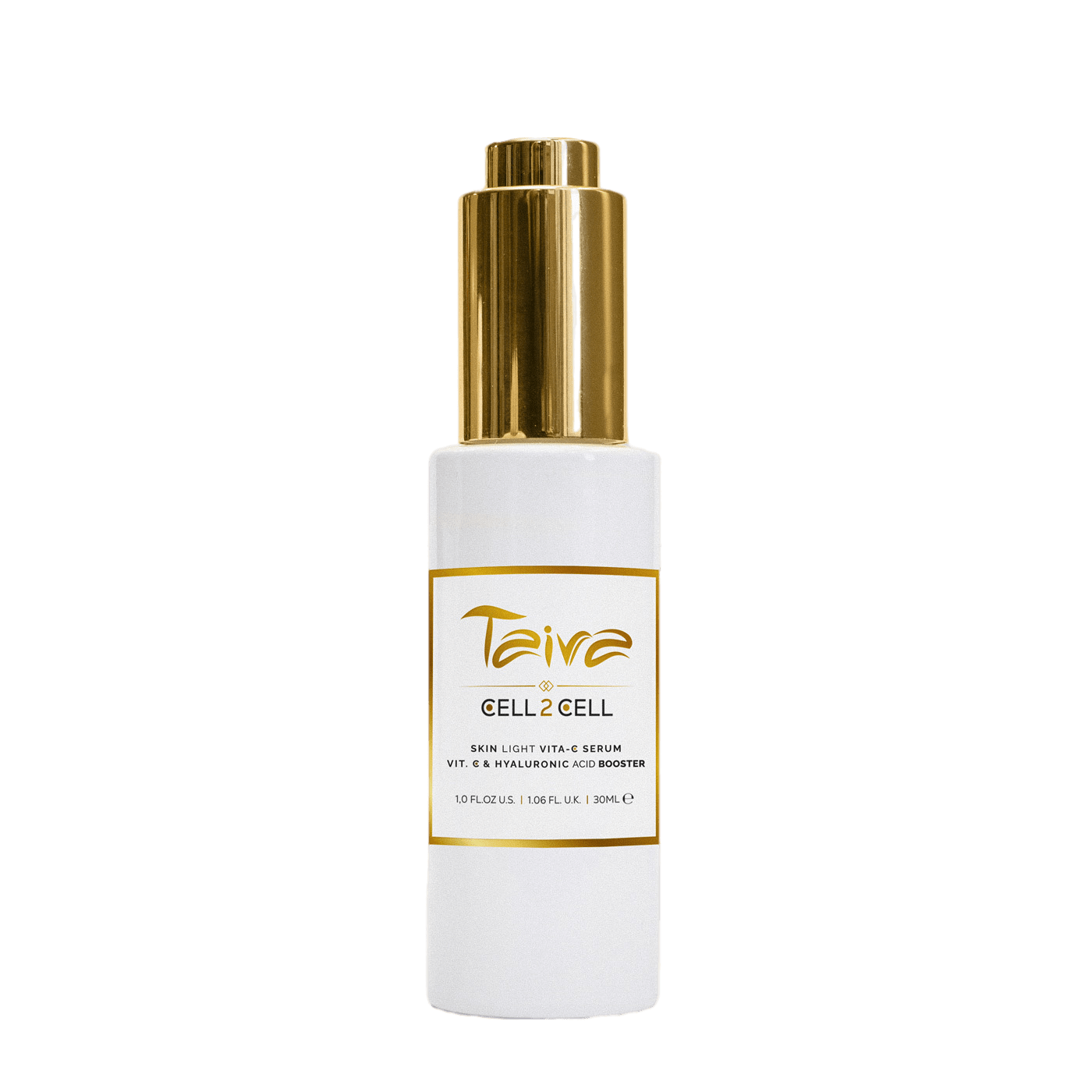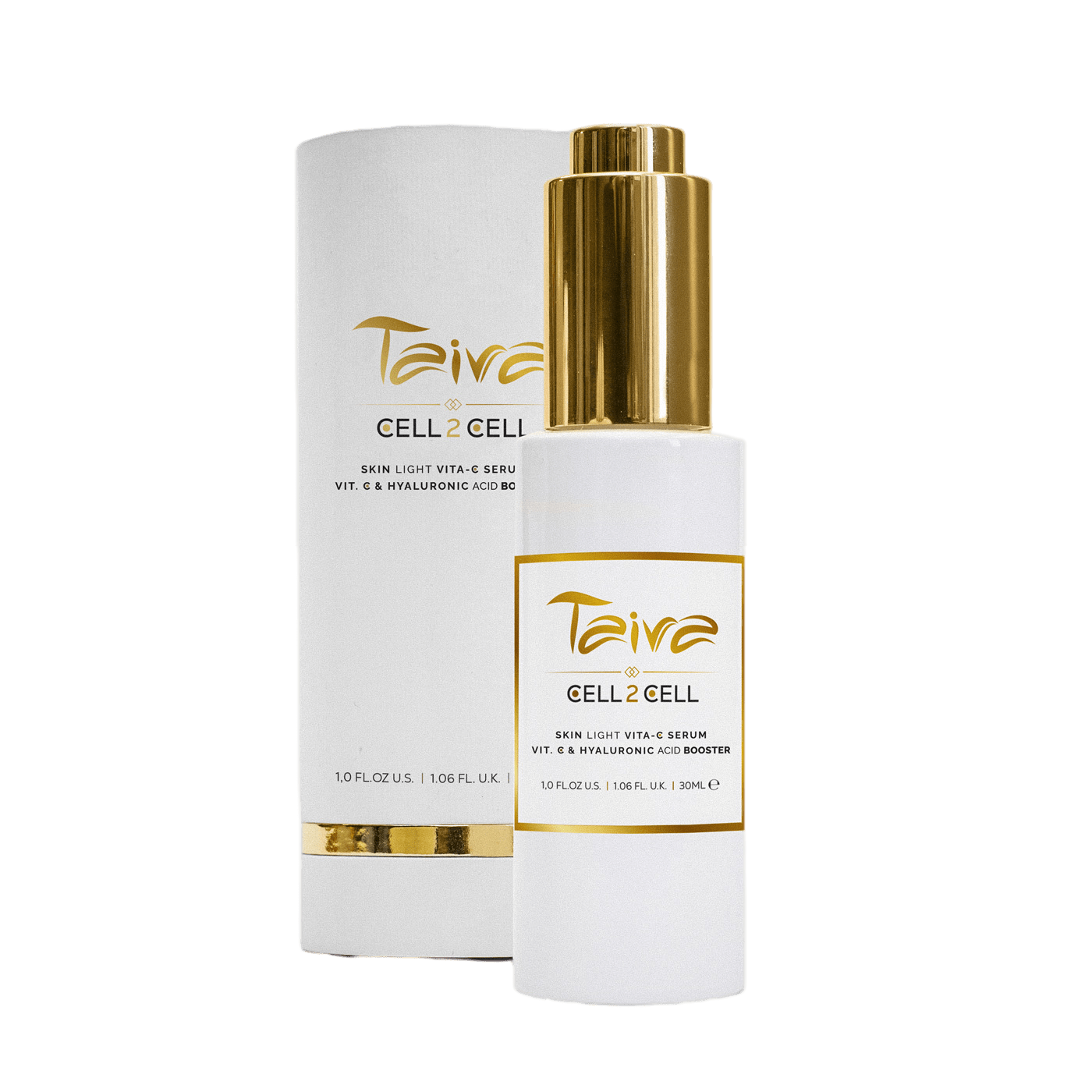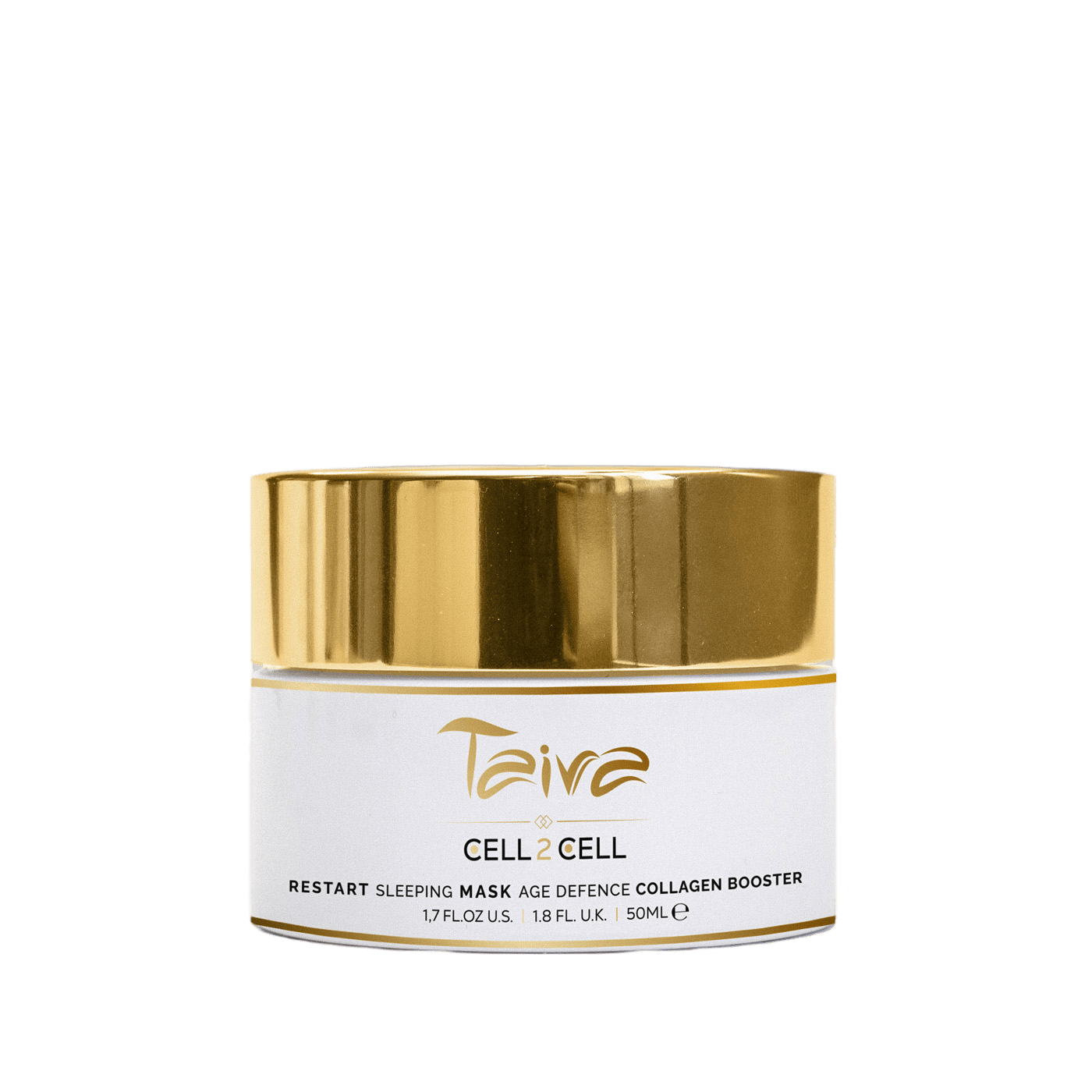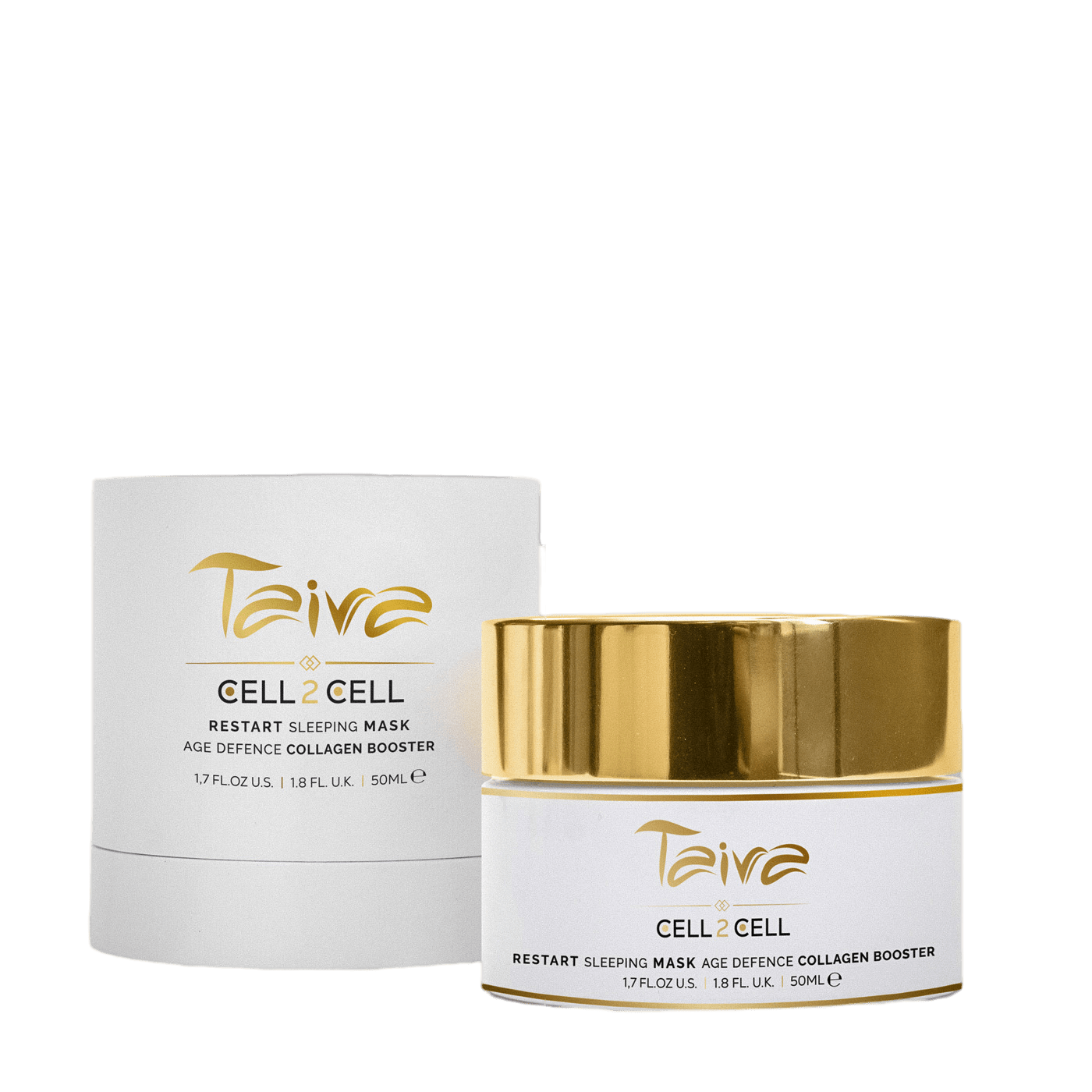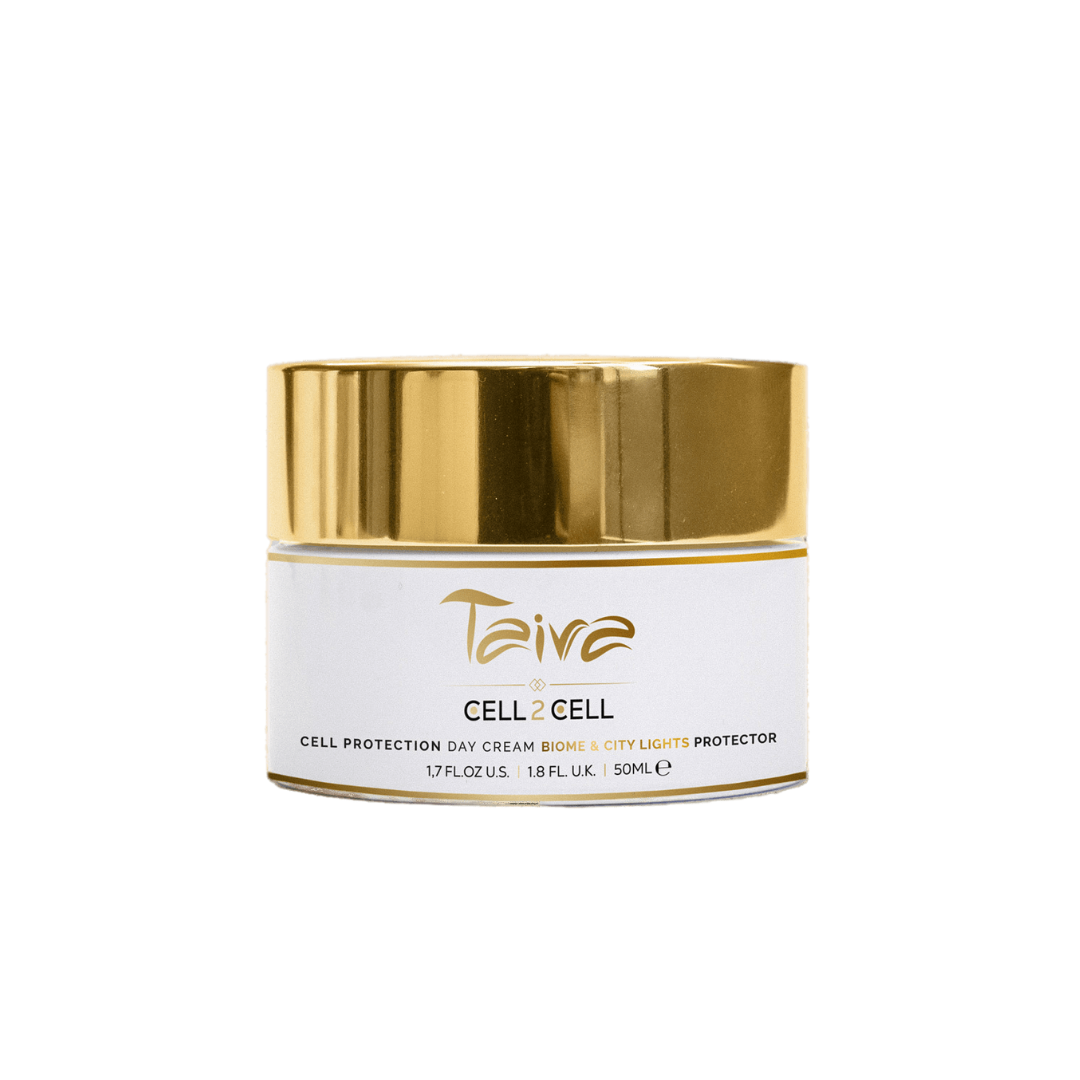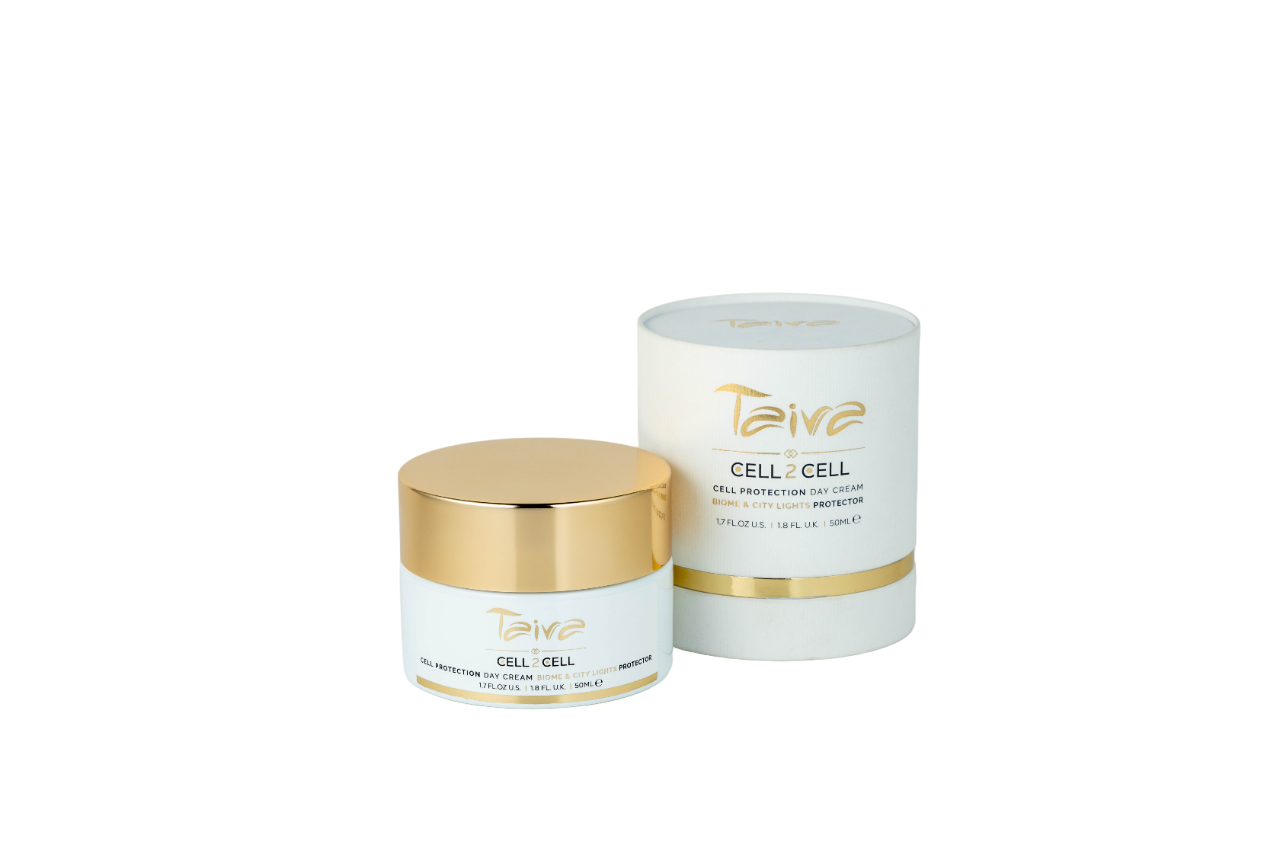Understanding Your Skin Type: A Comprehensive Guide
What is Skin Type?
Skin type refers to the natural characteristics and conditions of your skin. It is determined by genetics and influenced by various factors such as climate, lifestyle, and skincare routine. Understanding your skin type is crucial for choosing the right products and developing an effective skincare regimen.
Identifying Your Skin Type
There are five main skin types: normal, dry, oily, combination, and sensitive. Here's how you can identify each type:
1. Normal Skin
Normal skin is well-balanced, neither too oily nor too dry. It has a smooth texture, small pores, and a healthy complexion. If you have normal skin, consider yourself lucky!
2. Dry Skin
Dry skin lacks moisture and often feels tight and rough. It may appear dull, flaky, and prone to fine lines and wrinkles. To combat dryness, use hydrating products and avoid harsh cleansers.
3. Oily Skin
Oily skin produces excess sebum, leading to a shiny complexion and enlarged pores. It is more prone to acne, blackheads, and breakouts. Look for oil-free and non-comedogenic products to control oiliness.
4. Combination Skin
Combination skin is a mix of oily and dry areas. The T-zone (forehead, nose, and chin) tends to be oilier, while the cheeks are drier. It requires a balanced skincare routine targeting different areas.
5. Sensitive Skin
Sensitive skin is easily irritated and reacts to certain ingredients or environmental factors. It may experience redness, itching, or burning sensations. Opt for gentle, fragrance-free products and patch test new products before use.
Choosing the Right Products
Once you've identified your skin type, you can select products that cater to its specific needs. Here are some general guidelines:
1. Cleanser
Use a gentle cleanser that doesn't strip away natural oils. Avoid harsh ingredients like sulfates and opt for hydrating cleansers for dry skin, while oil-free or foaming cleansers work well for oily skin.
2. Moisturizer
Moisturizers help hydrate and nourish the skin. Dry skin types should opt for richer, cream-based moisturizers, while oil-free or gel-based moisturizers are suitable for oily skin. Combination skin may require different moisturizers for different areas.
3. Sunscreen
Regardless of your skin type, sunscreen is a must. Look for broad-spectrum protection with an SPF of 30 or higher. Choose lightweight, non-greasy formulas for oily skin and moisturizing sunscreens for dry skin.
4. Additional Products
Depending on your skin concerns, you may incorporate serums, exfoliants, or masks into your routine. Consult with a dermatologist or skincare professional to determine the best options for your skin type.
Conclusion
Understanding your skin type is the first step towards achieving healthy, radiant skin. By identifying your skin type and using appropriate products, you can address specific concerns and maintain a balanced complexion. Remember, consistency is key, and don't hesitate to seek professional advice for personalized skincare recommendations.

